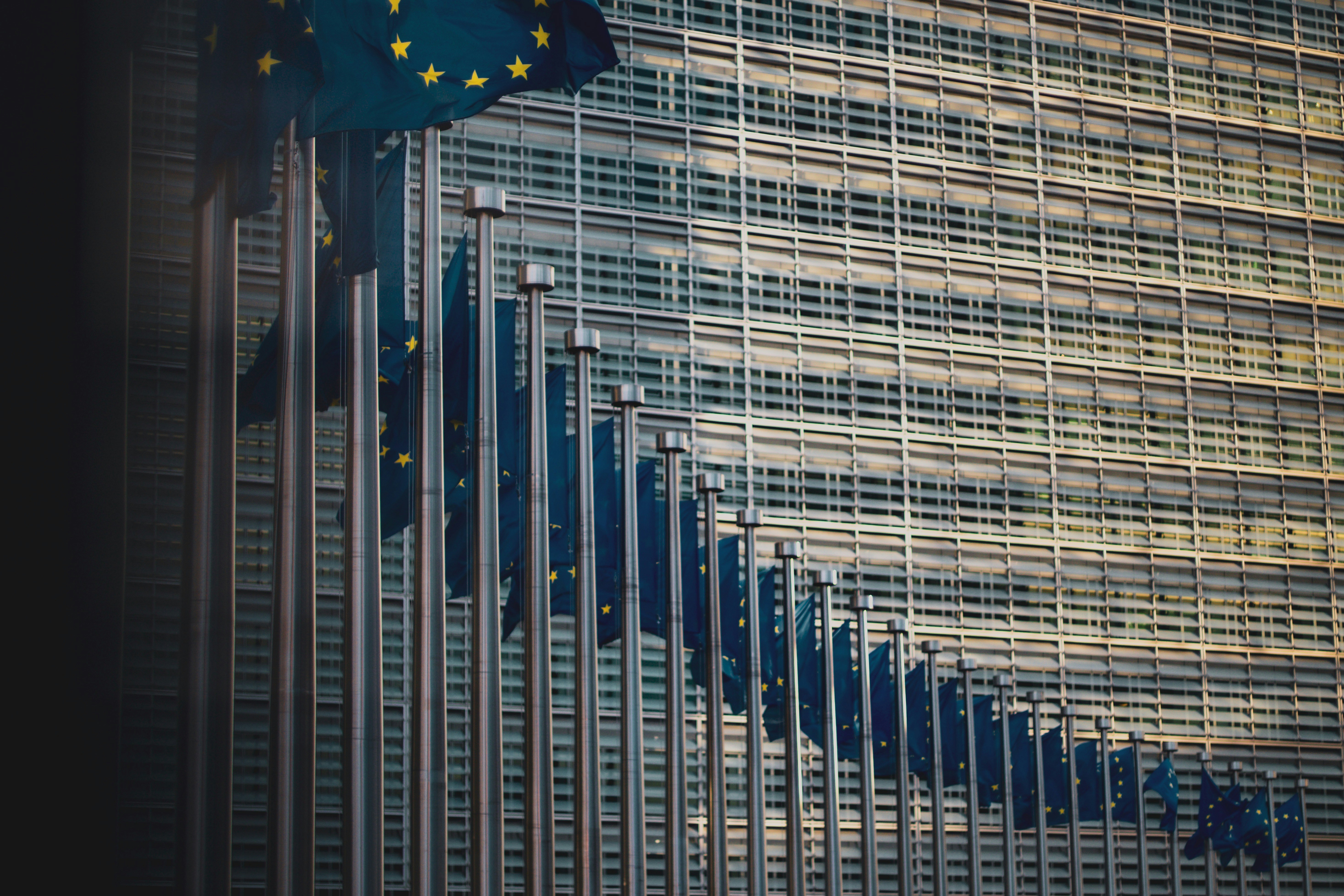The COVID-19 crisis and its economic consequences led to emergency measures that helped many small and medium-sized companies survive the first impact. As these schemes run out, decision-makers have not only the responsibility to avoid a second wave of economic turmoil but also the opportunity to shape tomorrow’s economies.
The COVID-19 pandemic disrupted economies around the globe to an unprecedented extent. Governments, regions and supranational bodies like the EU were quick to announce multi-billion-euro funding schemes. One year into the crisis, Technopolis Group is advising different public bodies on how to move best beyond short-term mitigation efforts.
Technopolis Group is currently evaluating SME-related financial policies for six French regions through ex-ante reviews. These evaluations aim to provide regional governments with tangible recommendations to relaunch their local economies. Although some of the projects started before the crisis hit, all reviews are now taking into account the different financial schemes that were set up by the French government and the EU in the past 12 months.
France’s short-term support schemes are proving to be quite efficient. Instruments that put in place a safety net allowed many people to access benefits swiftly and took financial pressure off from companies. This mitigated the situation further as these programmes had a tremendous effect on the viability of many French SMEs.
Support for SMEs is a global matter
The question of how to support SMEs isn’t solely challenging authorities in Europe. Emerging economies have the same concerns when it comes to supporting businesses short-term and relaunching the economy with medium and long-term measures. Many African countries, like Rwanda, Cote d’Ivoire or South Africa, developed economic safety nets at the start of the crisis, with some measures being very similar to what France and other European countries have implemented.
Like Bpifrance and the European Investment Bank on EU-level, the African Development Bank (AfDB) is taking an active role in recovery efforts. The AfDB is currently mapping the different policy measures initially taken by African governments and analysing the challenges SMEs and start-ups are facing to identify potential projects that could complement the current efforts.
Reinventing tomorrow
In Europe, new loans and frozen payroll taxes have allowed some companies to accumulate a relatively large amount of debt, which they’ll have to repay in the coming years. The due dates of many national loans could coincide with another important event: the end of the ReactEU scheme, the EU’s €47.5 billion Coronavirus recovery package, which will run out in late 2023. Against this backdrop, it becomes crucial to predict how best to spend the available funds to avoid a wave of bankruptcies in the near future and to make SMEs fit for the future.
One way regional and national actors can support businesses is to consider extending the contract period of the loans extensively which would turn investment loans into quasi-equity. This could help take the pressure off from companies and avoid failures of businesses that are only in financial difficulties because of the pandemic. This is particularly important as long as we don’t know how long the crisis will last and if and what financial instruments will follow the EU Recovery Fund.
Another way, which is advocated by Technopolis Group, is to use available funds to actively shape the economy of tomorrow. This means investing in SMEs that are ready to transition to virtuous business models which respect the planet’s boundaries. These companies could contribute to circularity, dematerialisation, climate change mitigation or adaption and much more. Businesses that would qualify for funding should all have one thing in common though: a real commitment to a greener economy.
There are already some signs in Europe and the French regions of an increase of newly created businesses of this nature as well as of companies that are ready to transition to more sustainable business models. The challenge for the coming years will be that public authorities would need to adequately finance all transitioning and new businesses that are facing the “post-COVID debt wall”, mainly through equity and quasi-equity.




